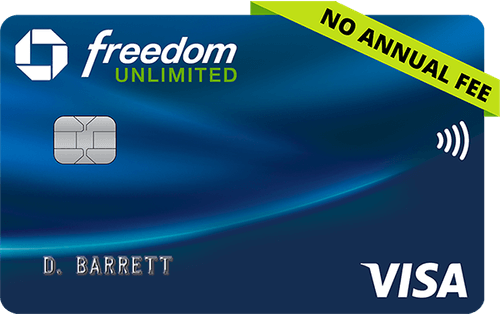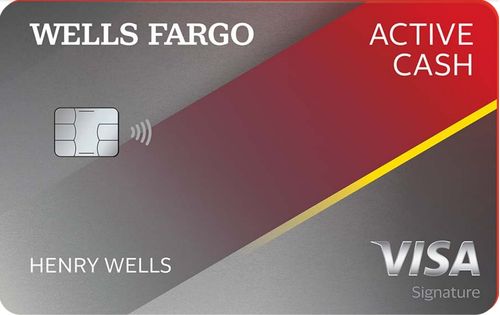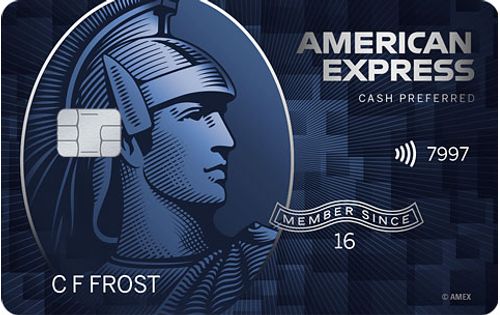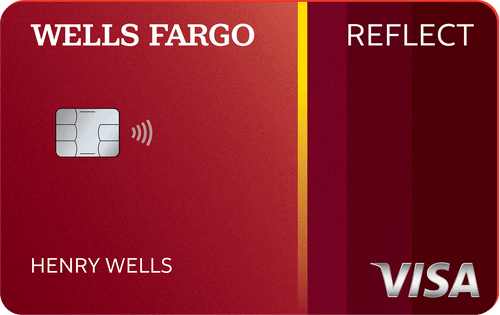WalletHub, Financial Company
@WalletHub
If you overpay your credit card balance, the payment will result in a negative account balance, which means the credit card company will owe you money. The next time you make a purchase with the credit card, the amount you overpaid will count toward it.
If you accidentally overpaid your credit card and would like a refund, you can submit a written request to your credit card company. Federal law requires a refund to be sent within 7 business days of a written request, but some card issuers will allow you to request a refund over the phone instead. If you haven’t requested a refund or received credit for the amount by which you overpaid your credit card within 6 months, the issuer is legally obliged to make a good-faith effort to get a check in your hands.
Generally speaking, nothing bad can happen due to overpaying, as long as it isn’t a huge overpayment. If you overpay by a lot, the payment could trigger fraud precautions with your card issuer. Overpayment of credit cards can be associated with refund fraud and money laundering, and could cause your account to get frozen or even closed.
That said, there are a few things that won’t happen when you overpay your credit card:
- Overpaying will not increase your credit score more than paying in full. Negative balances show up on a credit report as $0 balances. Having a balance of zero is good for your credit score, but you won’t get an extra boost by overpaying.
- Overpaying will not raise your credit limit. Overpaying will temporarily afford you more spending power, allowing you to charge a larger purchase than you would be able to otherwise. But, technically speaking, your official credit limit does not actually change.
- You won’t earn interest on a credit card overpayment. You won’t profit from overpaying your credit card like you would if you deposited the same amount into an interest-earning savings account. You can’t earn interest on the money you overpay to a credit card account.
Overall, if you overpay your credit card by accident, don’t worry about it too much. The money is legally yours. And if you accidentally trigger a fraud investigation by overpaying with an extra digit, for example, just give the card issuer a call and explain the mistake.
Apart from getting some extra wiggle room with your credit limit for a big future purchase, there aren’t many reasons to overpay on purpose. It’ll only tie up your cash and won’t earn you any interest.

People also ask
Did we answer your question?
Important Disclosures
Ad Disclosure: Certain offers that appear on this site originate from paying advertisers. For full transparency, here is a list of our current advertisers.
Advertisers compensate WalletHub when you click on a link, or your application is approved, or your account is opened. Advertising impacts how and where offers appear on this site (including, for example, the order in which they appear and their prevalence). At WalletHub we try to present a wide array of offers, but our offers do not represent all financial services companies or products.
Advertising enables WalletHub to provide you proprietary tools, services, and content at no charge. Advertising does not impact WalletHub's editorial content including our best picks, reviews, ratings and opinions. Those are completely independent and not provided, commissioned, or endorsed by any company, as our editors follow a strict editorial policy.



